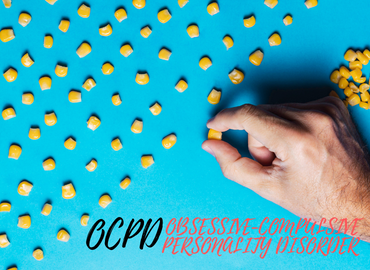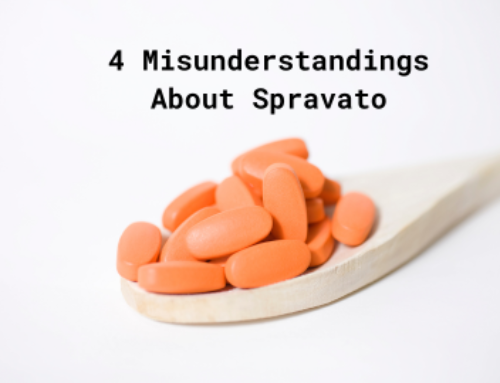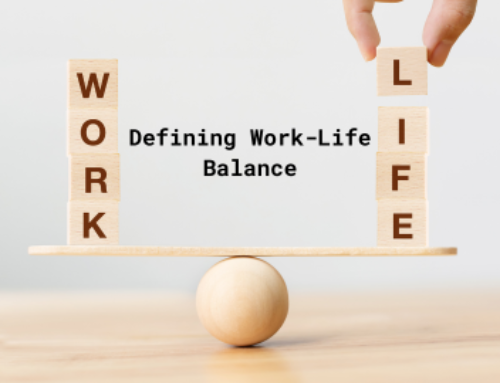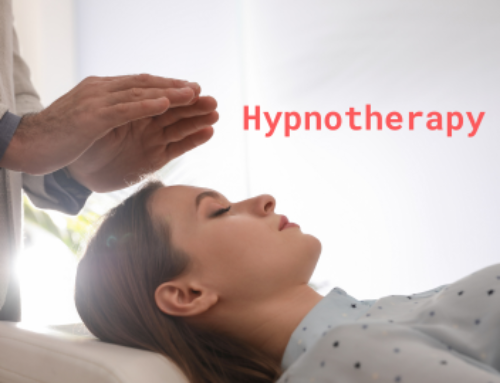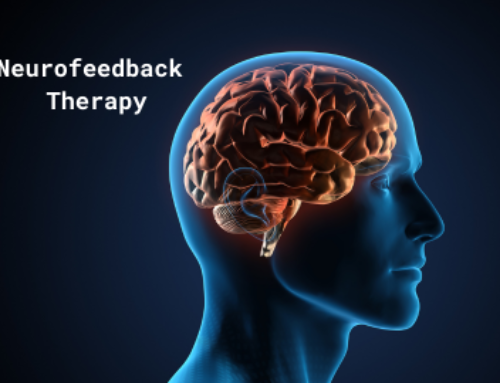OCPD: Obsessive-Compulsive Personality Disorder
A Shared Obsession
Rochester Holistic Psychiatry sees many patients with OCPD or OCD. There is an important difference between the two, and we’ll be touching on it today. Both are inhibiting to a happy, productive life, which OCPD and OCD patients want badly.
The World Health Organization’s (WHO) International Classification of Diseases (ICD) codes OCPD as “Anankastic Personality Disorder.” “Anankastic” is taken from the Greek “anankastikos,” an obsessive neurosis or compulsion.
OCPD is gauged at affecting around 2.1 to 7.9% of the population, according to Dr. Mark Zimmerman, MD, of Rhode Island Hospital, 2021. It is thought to be more common among men.
What is OCPD?
In general, to be diagnosed as OCPD, symptoms have to have begun by early adulthood. The main factor that stands out between OCPD and OCD is the patient’s type of obsession and how they regard the problem, if they believe they have one. The OCD sufferer will have one or multiple compulsions and rituals, like hand washing or checking locks. OCD sufferers typically have intrusive feelings of anxiety but are aware that there is an issue making them unhappy that does not include an unlocked door. An OCPD sufferer’s compulsions are more spread out across daily life and are easily interpreted as simply a Type A personality, or something like ADD or ADHD.
The OCPD List
Per the DSM-5, these are some classic signs of OCPD:
− Obsession with lists, charts, and schedules, to the point where it holds them back from getting the actual tasks done.
− Fun is neglected in favor of perfectionism at work, cleaning, study, etc.
− The body is affected because of stress and coping mechanisms. OCPD sufferers might sleep badly, eat poorly, and find solace in substances, even if it’s something like caffeine. − Relationships become strained. Loved ones are affected by the sufferer’s compulsions and second guessing.
− People with OCPD can be difficult to work with despite how hard they try and want to do well. − People with OCPD lose time because of their obsessing, which stresses them more.
Another negative aspect of OCPD is that, because it is so pervasive across their lives, that they often don’t believe that they have a problem and may not get help. They may even distrust help and shy away from the dread that there may be something wrong with the way they live life.
A Calmer Life
If you or a loved one’s life is being damaged by what might be OCPD, call us any time at (585) 442-6960 or contact us here.

